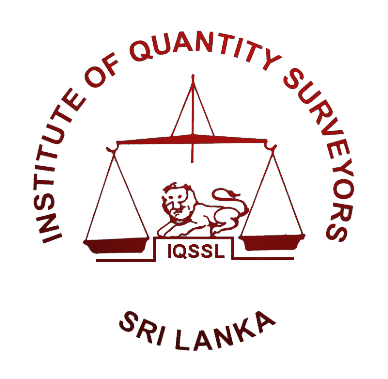In the recent past, Sri Lankan economy had been adversely affected by shocks stemming from local and global events. Deadly Easter bomb attacks in 2019, Covid-19 pandemic 2020/21, foreign currency shortages starting from 2021 and shocks emanating from the Russian Federation’s invasion of Ukraine had a negative crippling effect on the Sri Lankan Economy. This resulted in suspending repayment of foreign loans and subsequent restrictions on imports. Economic collapse and political instability have devastated lives and livelihoods across the board, dealing the heaviest blow to the poorest and most vulnerable. The fresh war that has broken out between Israel and Hamas, the militant Islamist group, would also have many negative impacts in the near future.
The Sri Lankan construction industry has also suffered immensely. Sri Lanka’s Export growth is likely to remain weak in 2023 with the global economic growth slowing down. Very high inflation, unprecedented price escalations and high interest rates have forced many construction related businesses to suffer financially and has also eroded their competitiveness both in local and foreign projects. Underemployment and Unemployment have forced skilled workers including the Quantity Surveyors to migrate. Sri Lanka is currently facing great losses in human capital mainly in the area of skilled workers.
The International Monetary Fund (IMF) is lending Sri Lanka $3bn to help dealing with its worst economic crisis in its history as an independent island nation. However, the IMF has also forecasted that Sri Lanka's crisis-hit economy is likely to resume growth in 2024 after contracting by 3% in 2023. Forecasted economic growth is at 1.4% for 2024. A few weeks back in August 2023 it was reported that Sri Lanka has failed to achieve the tax revenue target of Rs. 1,300 billion set out for the first half (H1) of 2023 by the International Monetary Fund (IMF) under the Extended Fund Facility (EFF). The Government has managed to achieve 92% of the target as per the Central Bank data published.
The main question that we are faced with will be, does the Sri Lankan construction industry have the resilience to re-emerge? We may have to rely on the foreign construction businesses in the path to recovery. However, I strongly believe that Sri Lankan Quantity Surveying profession will have faster reemployment opportunities back in Sri Lanka once economy starts recovering. Acquiring new skills and gaining experiences in foreign projects such as “The Line Project in Kingdom of Saudi Arabia” would be the order of the day. It is a cognitive city stretching across 170 kilometers, from the epic mountains of NEOM across desert valleys to the beautiful Red Sea costing $1 trillion to build. It would be one of the main the targets in the current situation for Quantity Surveyors. I know for a fact that a few Sri Lankan Quantity Surveying practices have already established in KSA. Local practices will also have many opportunities for providing outsourced services.
Locally, we also witness the slow progressing “Port City Colombo”: an extension to the commercial heart of Colombo and the Central Business District, spanning 269 hectares (ha) of land reclaimed from the sea. Once the investor confidence is re-claimed this project should keep local businesses very busy. Quantity Surveyors should find very lucrative employment back in Sri Lanka.
IQSSL would be in the forefront representing and aiding the Sri Lankan Quantity Surveyors in achieving these targets and exploiting the opportunities. I sincerely hope that the IQSSL members and the Construction businesses will begin to flourish again in the very near future.

